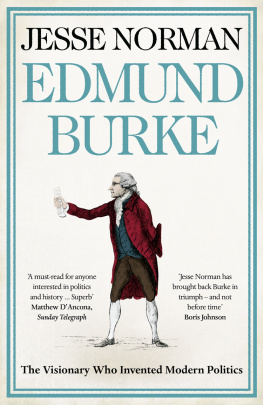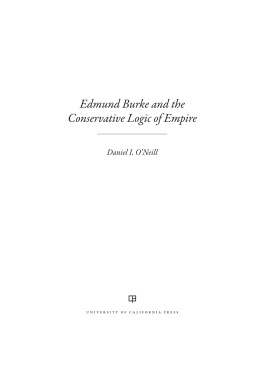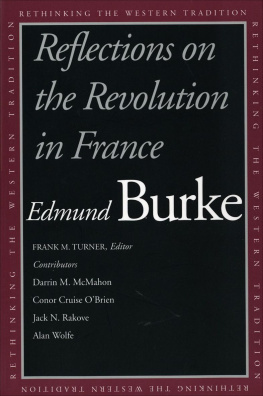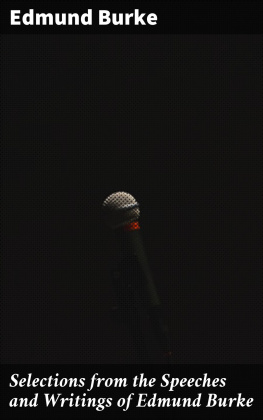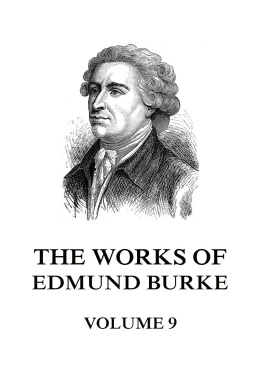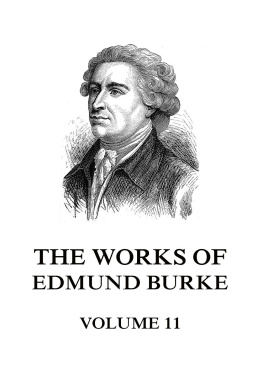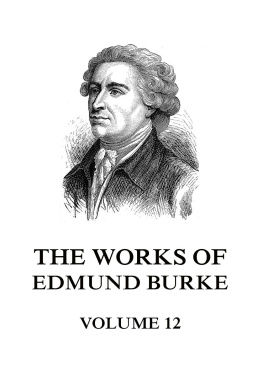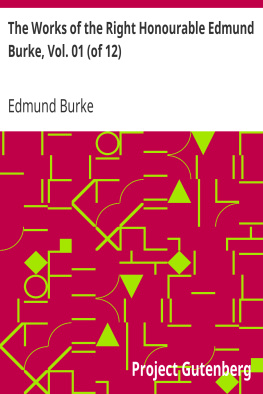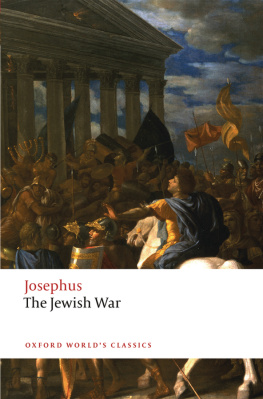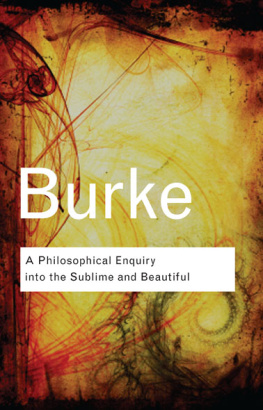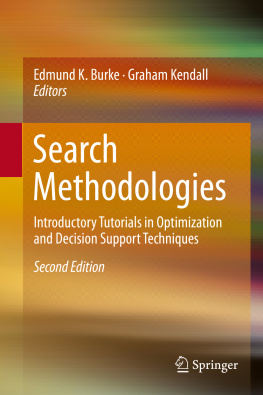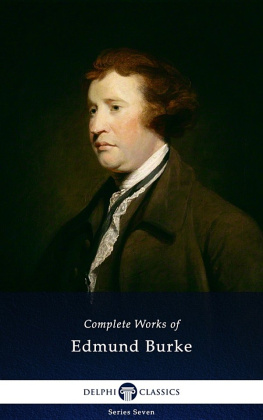
Great Clarendon Street, Oxford OX2 6DP
Oxford University Press is a department of the University of Oxford.
It furthers the Universitys objective of excellence in research, scholarship,
and education by publishing worldwide in
Oxford New York
Athens Auckland Bangkok Bogot Buenos Aires Calcutta
Cape Town Chennai Dar es Salaam Delhi Florence Hong Kong Istanbul
Karachi Kuala Lumpur Madrid Melbourne Mexico City Mumbai
Nairobi Paris So Paulo Singapore Taipei Tokyo Toronto Warsaw
with associated companies in Berlin Ibadan
Oxford is a registered trade mark of Oxford University Press
in the UK and in certain other countries
Published in the United States
by Oxford University Press Inc., New York
Introduction, Note on the Text, Select Bibliography, Explanatory Notes
Adam Phillips 1990
Database right Oxford University Press (maker)
First published as a Worlds Classics paperback 1990
Reissued as an Oxford Worlds Classics paperback 1998
All rights reserved. No part of this publication may be reproduced, stored in a retrieval system, or transmitted, in any form or by any means, without the prior permission in writing of Oxford University Press, or as expressly permitted by law, or under terms agreed with the appropriate reprographics rights organizations. Enquiries concerning reproduction outside the scope of the above should be sent to the Rights Department, Oxford University Press, at the address above
You must not circulate this book in any other binding or cover and you must impose this same condition on any acquirer
British Library Cataloguing in Publication Data
Data available
Library of Congress Cataloging in Publication Data
Burke, Edmund, 17291797.
A philosophical enquiry into the origin of our ideas of the
sublime and beautiful / Edmund Burke; edited with an introduction
by Adam Phillips
p. cm.(Oxford worlds classics)
Includes bibliographies.
I. AestheticsEarly works to 1800. 2. Sublime, TheEarly works
to 1800. I. Phillips, Adam. II. Title. III. Series.
BH181.B8 1990 111.85dc20 8935936
ISBN 0192835807
3 5 7 9 10 8 6 4
Printed in Great Britain by
Cox & Wyman Ltd.
Reading, Berkshire
OXFORD WORLDS CLASSICS
For almost 100 years Oxford Worlds Classics have brought readers closer to the worlds great literature. Now with over 700 titlesfrom the 4,000-year-old myths of Mesopotamia to the twentieth centurys greatest novelsthe series makes available lesser-known as well as celebrated writing.
The pocket-sized hardbacks of the early years contained introductions by Virginia Woolf, T. S. Eliot, Graham Greene, and other literary figures which enriched the experience of reading. Today the series is recognized for its fine scholarship and reliability in texts that span world literature, drama and poetry, religion, philosophy and politics. Each edition includes perceptive commentary and essential background information to meet the changing needs of readers.
Refer to the to navigate through the material in this Oxford Worlds Classics ebook. Use the asterisks (*) throughout the text to access the hyperlinked Explanatory Notes.
OXFORD WORLDS CLASSICS

EDMUND BURKE
A Philosophical Enquiry into the Origin of our Ideas of the Sublime and Beautiful

Edited with an Introduction and Notes by
ADAM PHILLIPS

OXFORD WORLDS CLASSICS
A PHILOSOPHICAL ENQUIRY
EDMUND BURKE (172997) was born in Dublin, the son of a Protestant Irish father who was an attorney, and an Irish Catholic mother. He took a BA degree at Trinity College, Dublin (17449) and went to London in 1750 to read for the bar, but abandoned his legal studies in 1755, establishing himself in literary London with two publications, A Vindication of Natural Society (1756) and the Philosophical Enquiry (1757).
Burke began his political career in 1759 as Private Secretary to William Hamilton who, as Irish Chief Secretary, employed Burke twice in Ireland (17612, 17634). Breaking with Hamilton in 1765, Burke became Private Secretary to the Whig Marquis of Rockingham, and became MP for Wendover. In 1770 he published his important pamphlet Thoughts on the Cause of the Present Discontents. He became MP for Bristol in 1774 and allied himself with Fox to oppose Lord Norths administration. In 1780 he lost his Bristol seat, and when Rockingham gained office in 1782 he was not a member of the cabinet. During this period he was committed to exposing the injustice of British administration in India, culminating in the impeachment of Warren Hastings (1788). Events in France prompted his greatest writing, the Reflections on the Revolution in France (1790). Burkes passionate denunciation of the Revolution led to a final breach with Fox in 1791, the year in which he published his fine Appeal from the New to the Old Whigs.
In 1794 Burke retired from Parliament and his seat was given to his son Richard, who died in the same year. In his overwhelming grief at the end of his life he published the Letter to a Noble Lord (1796) and the Letters on a Regicide Peace (17967). Disturbed by the victories of revolutionary France and the tragedies in Ireland, he died in 1797.
ADAM PHILLIPS is Principal Child Psychotherapist at Charing Cross Hospital in London. He has edited Charles Lambs Selected Prose for Penguin and Walter Paters The Renaissance for Oxford Worlds Classics. His study, Winnicott, is published in the Fontana Modern Masters series.
CONTENTS
ACKNOWLEDGEMENTS
The following people have given me invaluable help in the preparation of this edition. I would like to thank Mary Mackintosh for deft translations, and Kate Weaver for architectural information on the period that reinforced Burkes point that perhaps the body is not a very good analogy for buildings. Hugh Haughton managed to keep faith with my interest in the eighteenth century, and Geoffrey Weaver encouraged clarity despite Burkes misgivings. Michael Neves interest and breadth of knowledge were inspiring.
INTRODUCTION
A true artist should put a generous deceit on the spectators.
Burke, Enquiry
THE Enquiry is a book that has always been overshadowed by Burkes great book Reflections on the Revolution in France, and by his subsequent career as a Whig politician. As a study of the relationship between strong feelings and forms of art it seems far removed from Burkes later political commitments, despite the fact that those commitments were always characterized by his distinctive eloquence and intensity. Even though the influence of the Enquiry is clearly identifiable in many of the most important works of the Romantic period it has either been dismissed as an interesting but derivative piece of juvenilia, or deemed to be negligible, indeed amateurish compared with Kants powerfully serious
Next page

